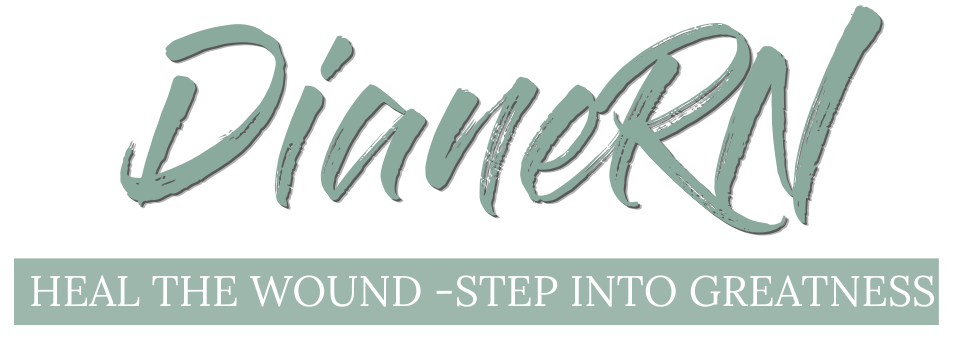Chances are, if you have been affected by a Narcissist, whether a parent or key relationship figure in your life, you have had your personal boundaries violated. If you are an adult child of a Narcissist, you did not learn healthy and safe boundary setting.
Narcissists are boundary violators. They do not want you to have personal boundaries, because they want your boundaries to be fluid enough for them to get to you in ways that do not serve you well.
For example, Your significant other continuously texts and calls while you are at work. You may have told him/her that you cannot take personal calls at work, and even that your job security depends on following this rule. The Narcissist does not heed this warning or advice. He/she continues the behavior and then begins to blame you for not respecting them and taking their call.
If you were raised by a Narcissist, you do not necessarily see this as a red flag. You see this as a problem to solve. This causes you anxiety. You take more or longer breaks at work than you should. Your people pleaser behavior kicks in. You bend over backward to accommodate your significant other’s poor boundaries because you see this as love, because that is what you know. An adult child of a Narcissist was trained to see pleasing and obeying the “rules” of the Narcissist as love. So, it feels like “loving” your partner to forfeit your personal needs, in this case being available at all times regardless of any other commitments, even at the risk of losing a job.
Now that you realize you need to set healthy boundaries, what does that look like?
Boundaries in relationships have three components: Mine, Yours, and Ours. “Mine” is taking ownership over your behavior, attitudes, actions, reactions, and emotions. “Yours” is his/her ownership over his behavior, attitudes, actions, reactions, and emotions. “Ours” is where both of you are equally invested in a discussion, argument, or conflict — in which each of you have personal responsibility.
However, a Narcissist has some sneaky tricks up their sleeve with the “Yours” and “Ours” elements of boundaries. They blur the lines and use strategies that confuse you like gaslighting and projection, blame and shame. All of these behaviors are an effort to control and manipulate you. Here is what you can do —
1. Become aware of what healthy boundaries are for you. Learn to say no (“I will not be able to pick up the phone or respond to your text until my break”) and stick to it. If they leave, they would have left anyway. Good riddance. You have just saved yourself a boatload of grief. And you still have your job!
2. Don’t get sucked into blame, shame or guilt. Learn to know the signs of a manipulator so that early on you can avert a relationship disaster that might take years to recover from.
3. Own Your feelings, actions, reactions, and emotions. Learn to become curious about your feelings both emotionally and physically. Your body will give you signs when there are boundary violations going on (headaches, sleeplessness, anxiety, stomach aches). Listen to your body!
4. Step away from toxic conversations in relationships. Do not get emotionally charged when your buttons are being pushed. Stay detached, walk away and learn safety behaviors.
As we grow, change, and become more self-aware, some relationships will no longer work. You will see that they do not serve you well and, in fact, might be inflicting pain and harm.
Still, the loss is real and can be disruptive and sad. It is common to feel lonely when you are stepping into a higher and more mature relationship dynamic with yourself and others. Don’t completely isolate. Stay active while you are developing a stronger antenna, learning new skills, and finding new friends who are more aligned with your life. Your tribe is out there!
Stay open to receive.
As always, I am here for you.
Article originally posted on Medium.com






